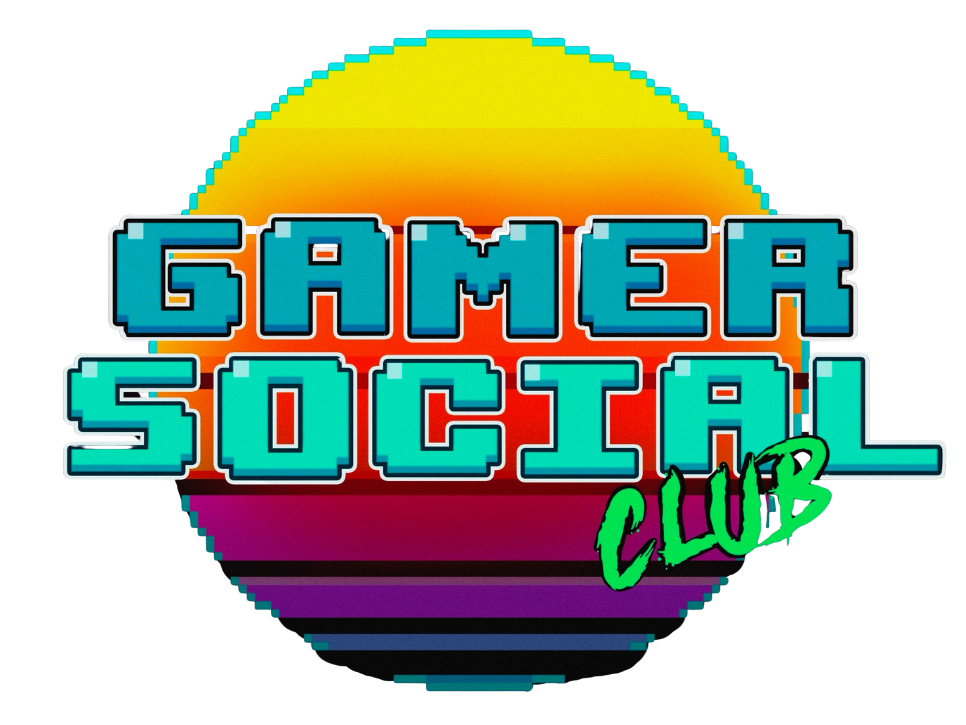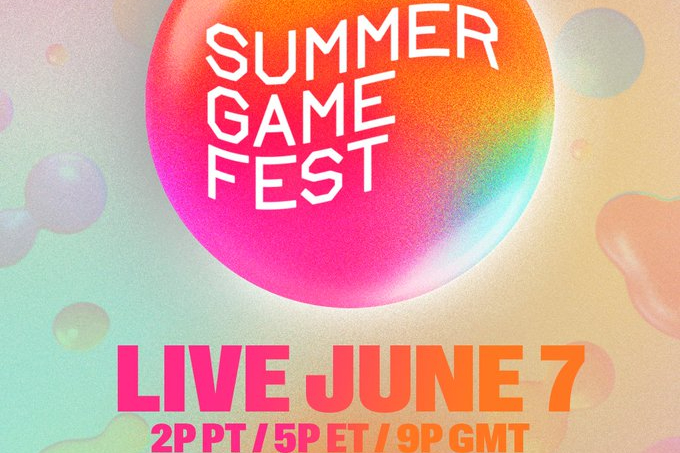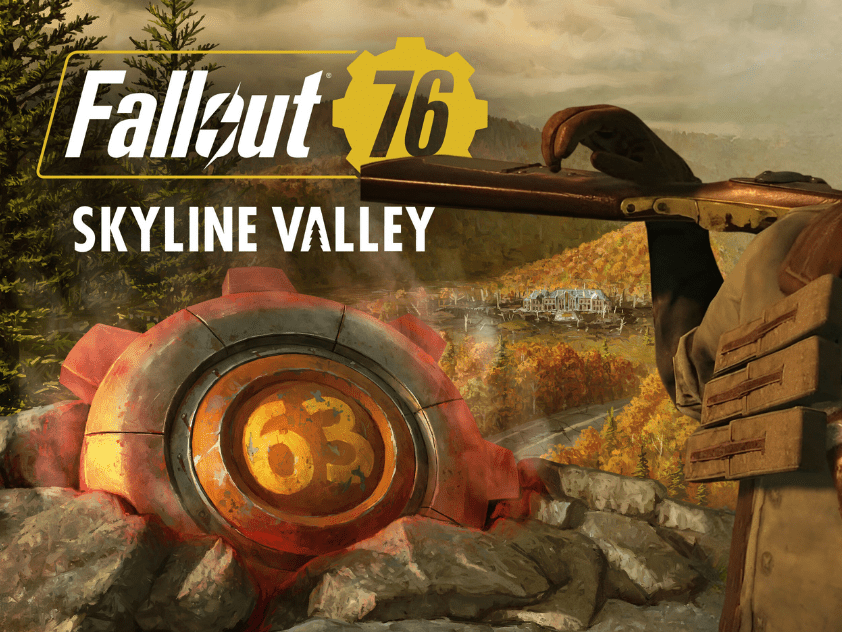At London Games Fest earlier this year, I spoke to two very humble and passionate gentlemen about a game they are very proud to be developing. Stood beside their demo station we had a lovely conversation about their mysterious chess-inspired puzzle game, Beyond The Board _ which featured in my top-5 games of the show.

Beyond The Board is a “single-player puzzle game that transforms traditional chess into a minimal, immersive journey”. The game has a wonderful art style, blending chess-like monochromatic-mystique; with other levels are coloured in such a way that you may think you’re playing Monument Valley.
At first glance, the game’s play table often looks like a chess board, but the developers are clear _ “This is (not) a chess game”. From my hands on time with the demo I can confirm that is absolutely the case. Whilst adopting the principles of the classic board game, this is very much a puzzle game with it’s own moves. To get a better understanding of the game, here’s a breakdown from the developers:
Bruno and Guilherme from Portugal based Fragile Shapes Studio had a lot to say about their game when we spoke in London, but I left them with many unanswered questions about the title. Delightfully, the duo were more than happy to have an exclusive interview with Gamer Social Club about the project they’re so passionate about as you’ll read below.
Beyond The Board interview
For our readers who haven’t heard about Beyond The Board, tell us a bit about how you’ve transformed the principles of chess to a puzzle game.
Beyond The Board takes the core of chess-not just its rules, but its symbolism-and stretches it into something deeper and stranger. It all begins during a chess match, when a mysterious lightning strike shatters the board and sends the pieces into the unknown. You’re left with only a single Rook, chasing the enemy King through a broken, three-dimensional chess realm. The rules still echo throughout the world-but they begin to warp, like a dream or a forgotten logic puzzle. It’s a world that feels like chess reimagined through the lens of Alice in Wonderland, full of cryptic mysteries and strange systems. Our goal was to turn something familiar into a surreal journey, where every move uncovers more of a fractured narrative hidden beneath the surface.

I was lucky enough to get my hands on with Beyond The Board at London Games Festival and was a big fan of the art style. It reminded me of a favourite indie of mine, Deaths Door! What were the inspirations for games aesthetic?
Death’s Door is a beautiful game, and a standout from that new wave of minimalist, Zelda-like adventures. But if I had to point to a core influence on Beyond The Board’s aesthetic and worldbuilding from that sub-genre, it would be Tunic. It’s a must-play when it comes to isometric design and dreamlike, fragmented storytelling. That feeling of stepping into a world where you’re not quite sure what’s real, and where the language itself becomes a mystery-that really stuck with us. The cryptic runes in our game are absolutely a nod to that. We wanted to build a place that feels quietly sacred, broken yet alive, where the visual style isn’t just about atmosphere-it’s part of the puzzle.

Chess had a huge resurgence in popularity during the COVID pandemic. Did the new interest in the classic boardgame inspire you to create the game?
The idea for Beyond The Board actually came before the whole chess boom during the pandemic-but we’re not going to lie, the resurgence gave us a boost. Seeing chess suddenly everywhere, and especially how The Queen’s Gambit made people fall in love with the drama and tension behind the game, really pushed us to keep going. It felt like the right time to keep pursuing our own personal take on chess inspired narrative.
You’re a small development team launching a game into a very competitive market. What have been the challenges and opportunities in being a small team?
It has definitely been a creative journey-we’ve learned a lot. This is our first commercial game, so we’ve been figuring out the dos and don’ts as we go. Being a two-person team means we get to stay super close to the design and vision, which has been really rewarding. But it also means we’ve felt the full weight of keeping the project alive-especially when it comes to funding and marketing. Beyond The Board is a bit of an oddball: it’s a linear puzzle game, which isn’t the easiest genre to sell, and it’s also quite experimental in its design. Commercial safety isn’t exactly our strong suit-but passion and persistence are. What’s helped us stay afloat has been the recognition we’ve received globally-from festivals, awards, and showcases-which reminds us that the project is resonating, even if we’re taking the road less travelled.
With a launch on Steam expected in 2025, what’s next for the game? Is a console or mobile release something you’re looking into?
Our Demo launched in June, just in time for OTK Games Expo and the Cerebral Puzzle Showcase. It was a whirlwind-we had to wrap up some final gameplay elements, fix bugs, do tons of playtesting, promote the launch, and engage with the growing community… all while being just two people! So, it’s only now that we’re finally coming up for air. There’s a lot we wanted to include in the Demo-extra puzzles, narrative details, secrets-that simply weren’t doable at the time with our limited bandwidth. But now we’re planning to release an updated version with those additions, for players who want to dive deeper into the world. As for consoles or mobile, it’s notably something we’re exploring, but our central focus now is to make sure the full game lives up to the vision we’ve set.

Lastly, what are your favourite games personally? And how have they shaped your journey into game development?
I grew up playing a lot of Nintendo and Sega games-Zelda: Ocarina of Time, Super Mario 64, Sonic Advance. Those games left a huge mark on me, especially the way they handled secret areas. I was completely obsessed with hidden dungeons, mysterious rooms, bonus stages-like the Chaos Emerald levels in Sonic Advance or the caves in Zelda that had no clear sign telling you they were there. What really stuck with me was how those spaces made me forget everything else. I felt like I wasn’t just playing a game-I was inside it, part of that world. I kept asking myself, what else is hidden here? Why is this room here? What’s the story behind it? And because I didn’t speak English at the time, I couldn’t rely on dialogue or tips. I had to figure things out through the design; through the way the world spoke without words. That sense of wonder and curiosity is something I’ve carried with me ever since. It’s at the heart of Beyond The Board-creating a space that feels quiet and mysterious, that trusts the player to explore, to get lost a little, and to discover meaning piece by piece.
Beyond The Board’s demo is currently available on Steam and you can wishlist the game now. A release date is yet to be confirmed by the developers.
I can’t wait for Beyond The Board to release, stick with Gamer Social Club for more updates on the chess puzzle game. For now, for more information about the game there’s more information on the official website.




